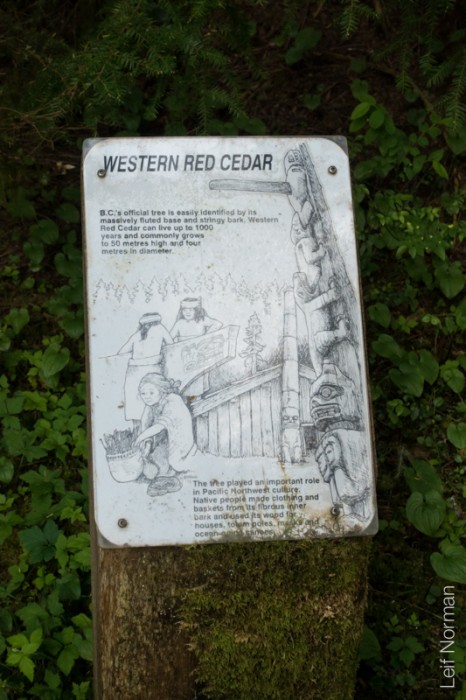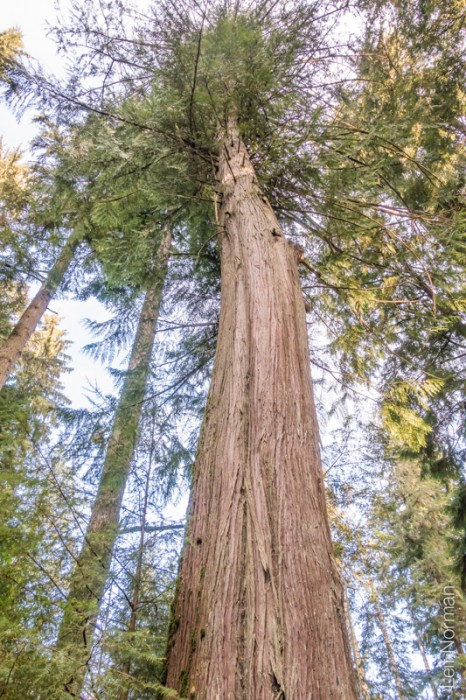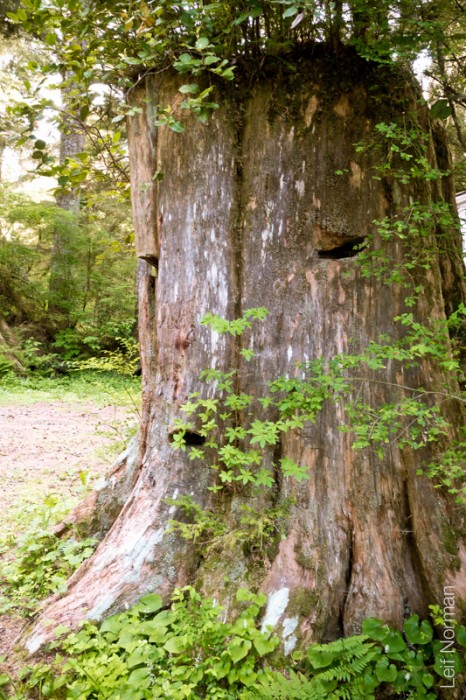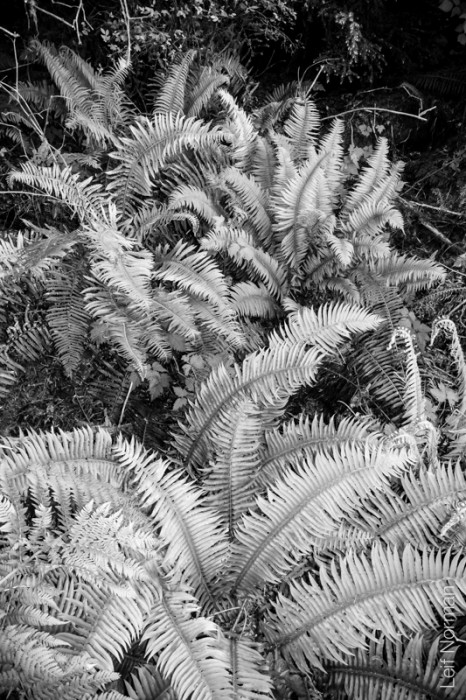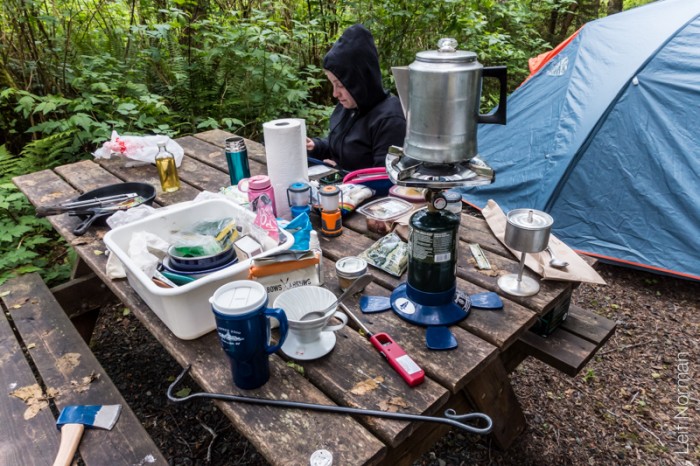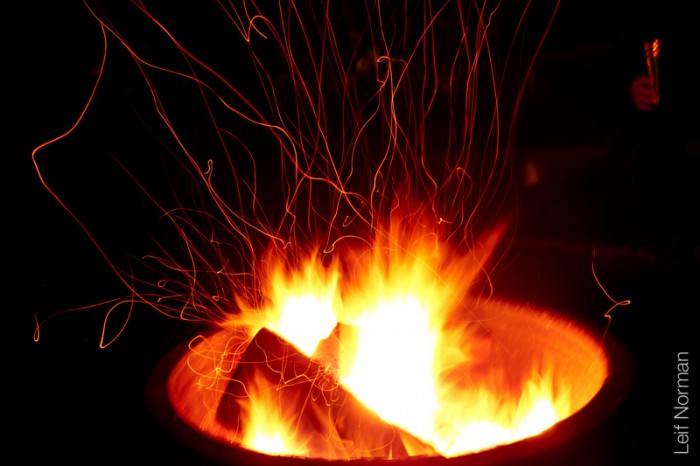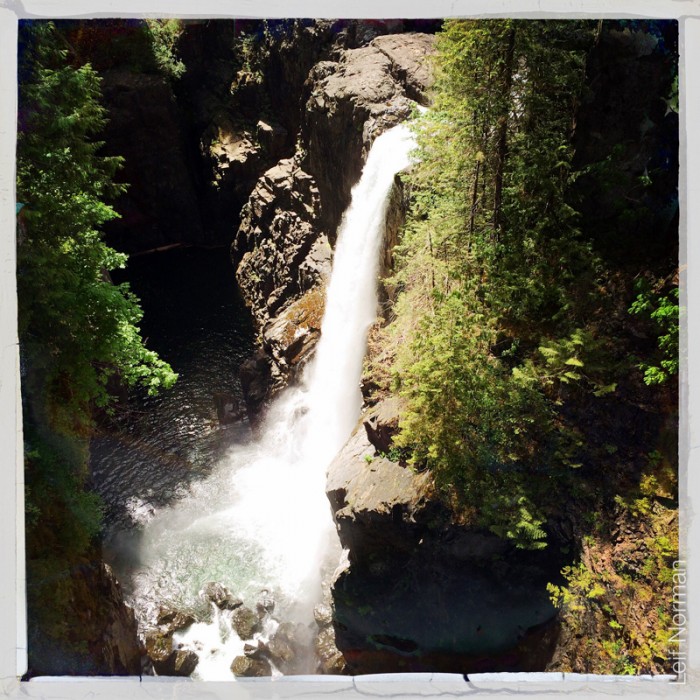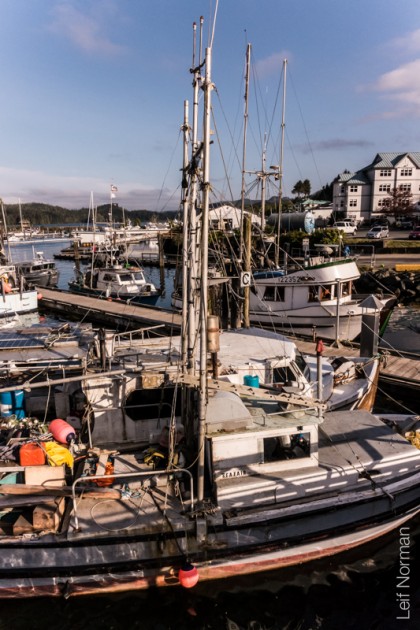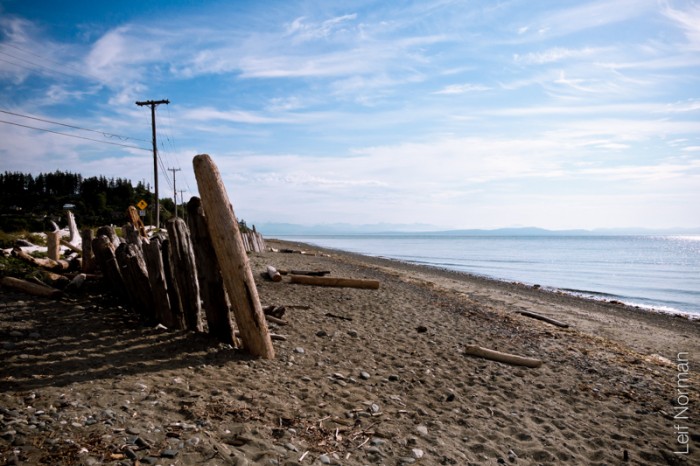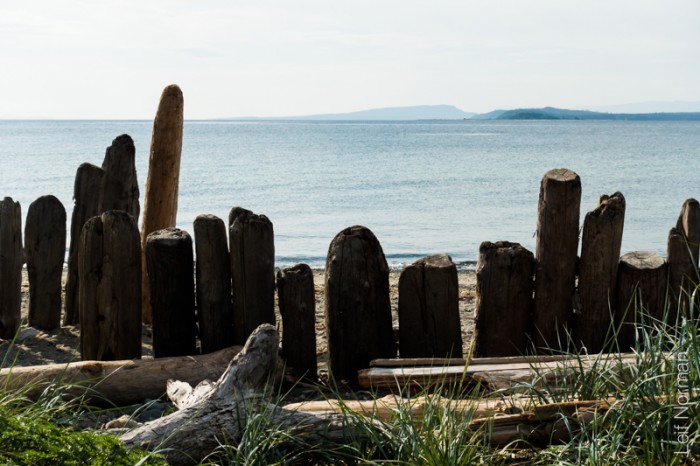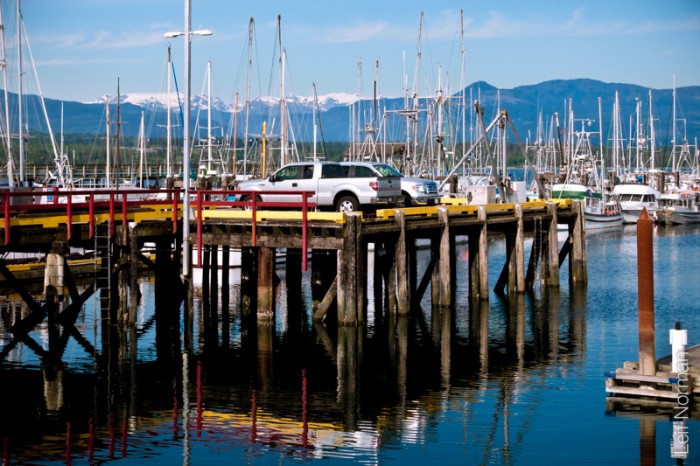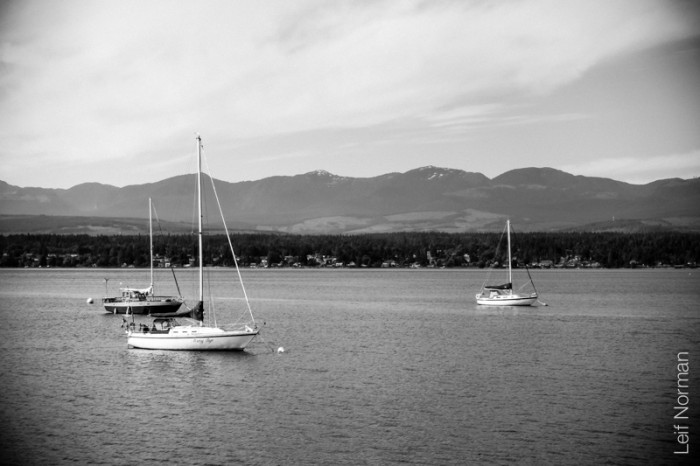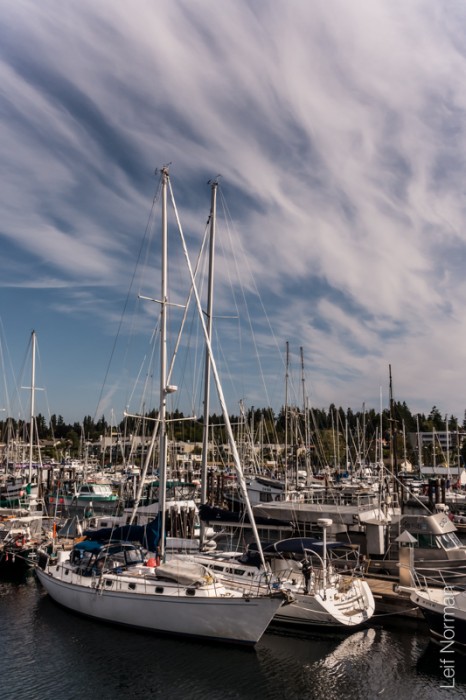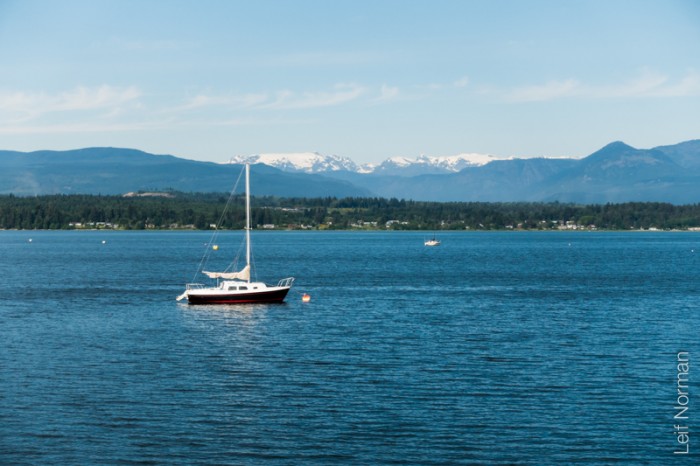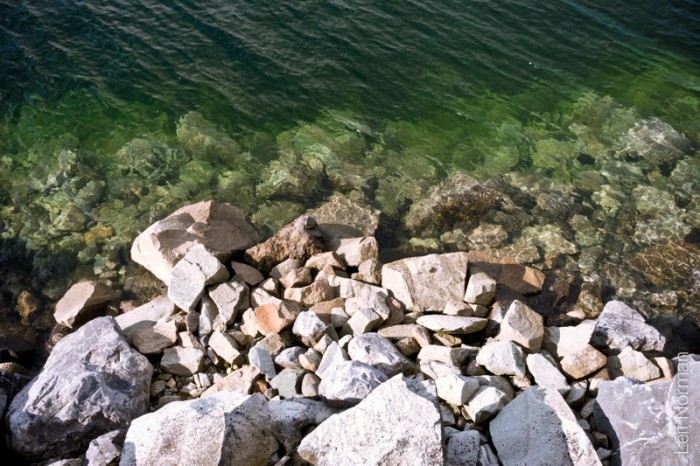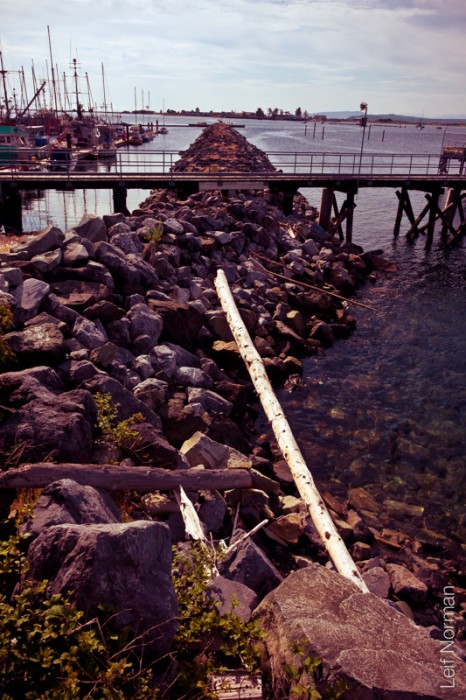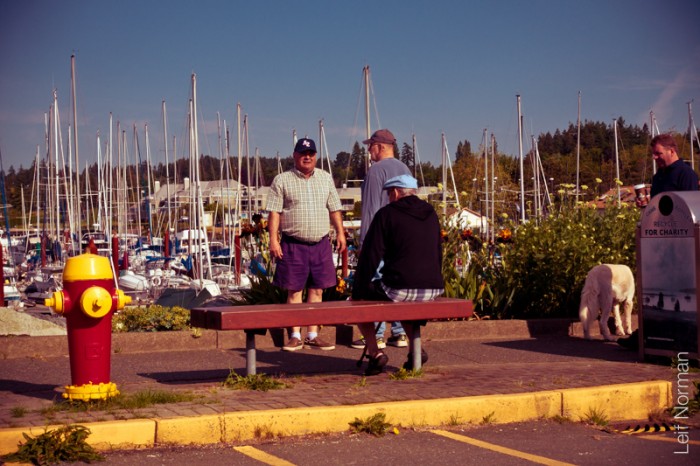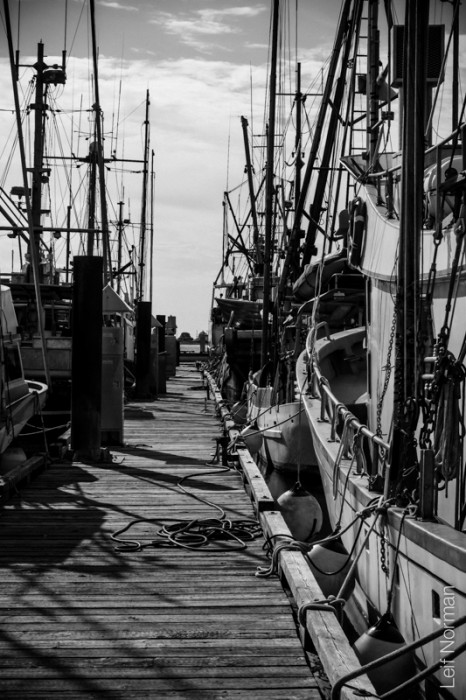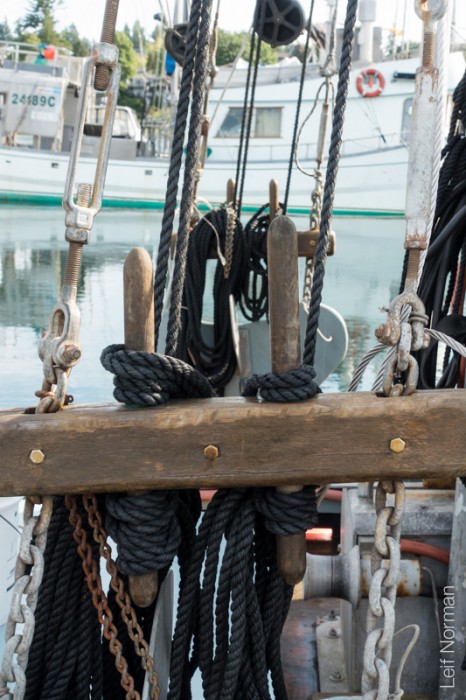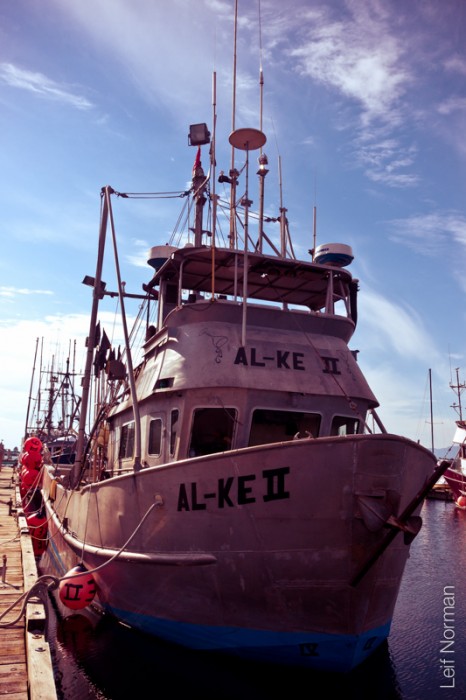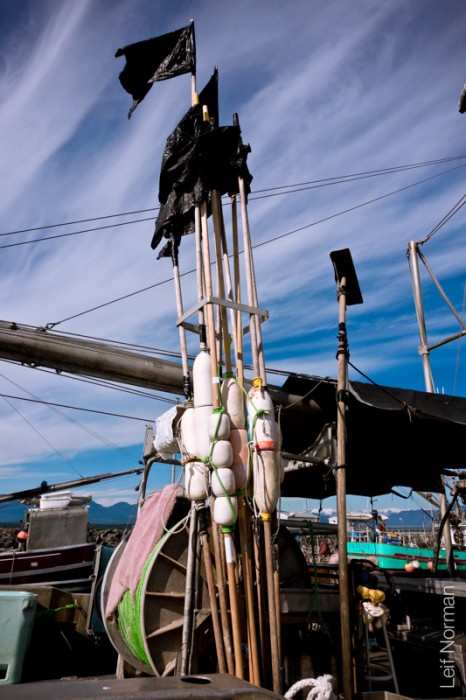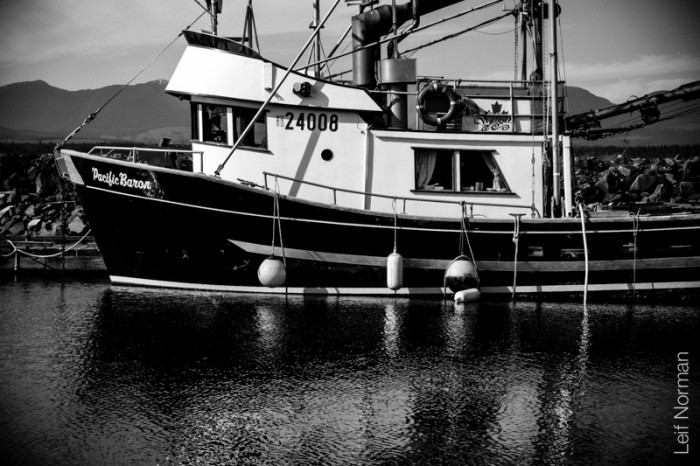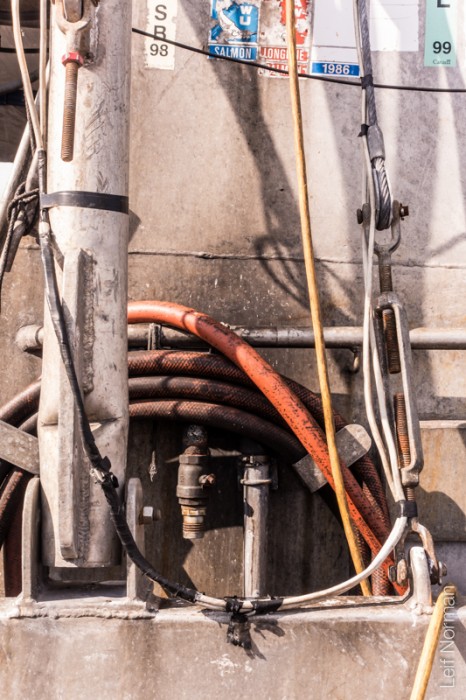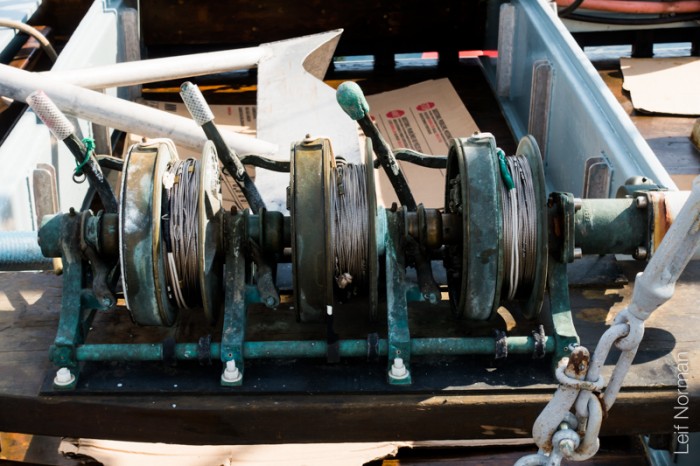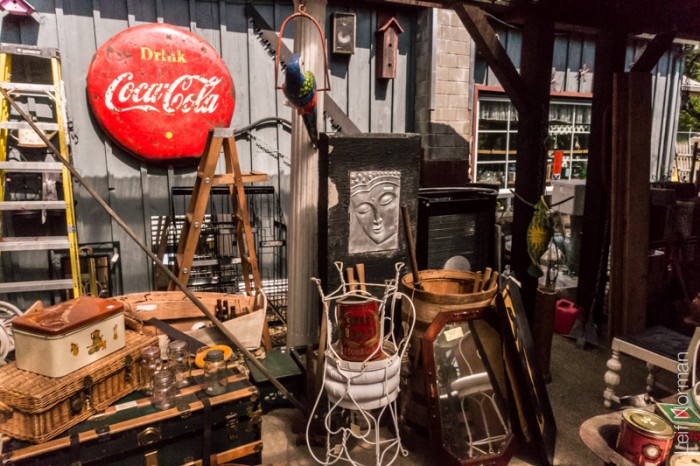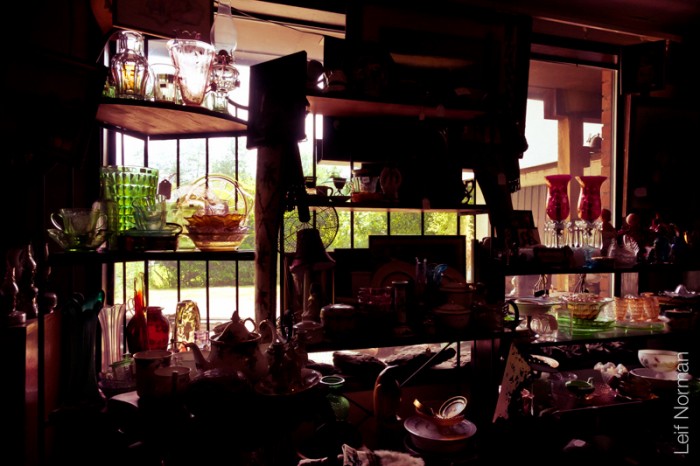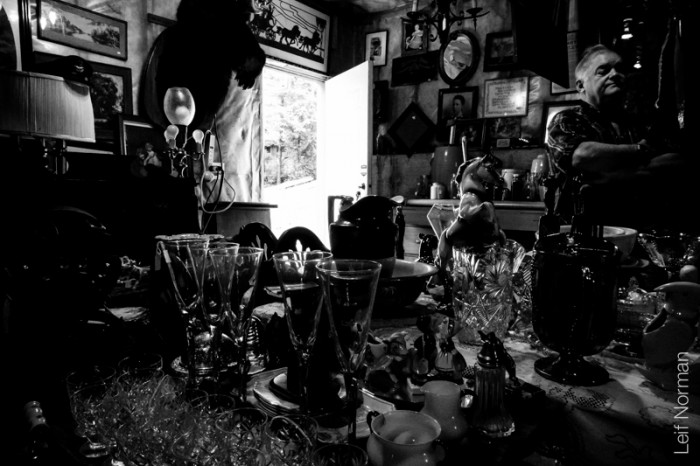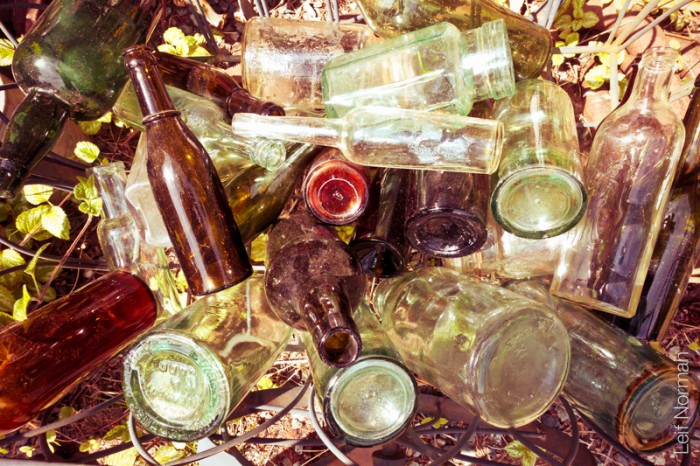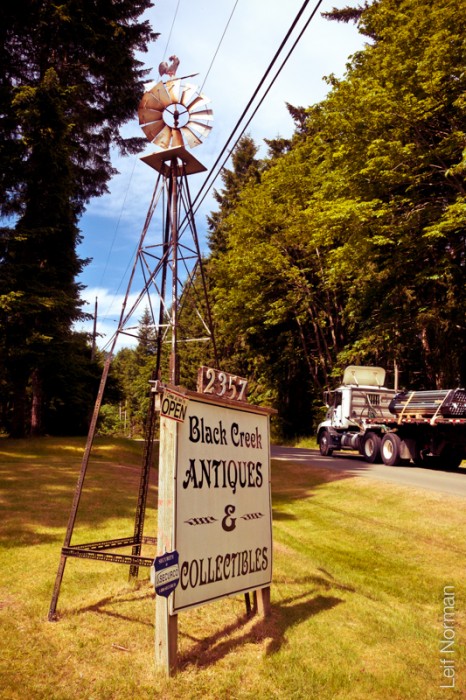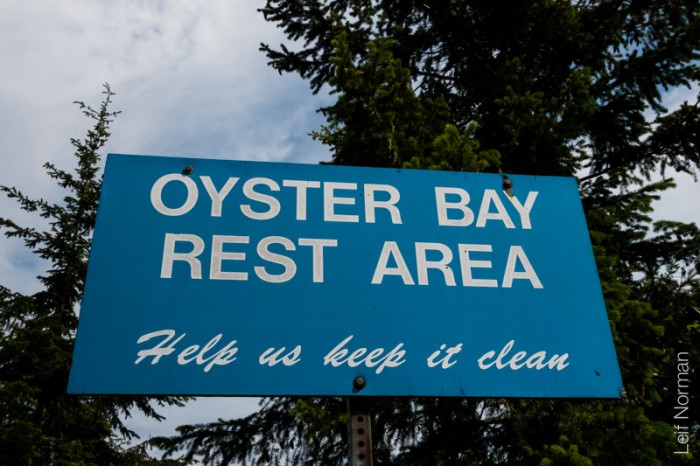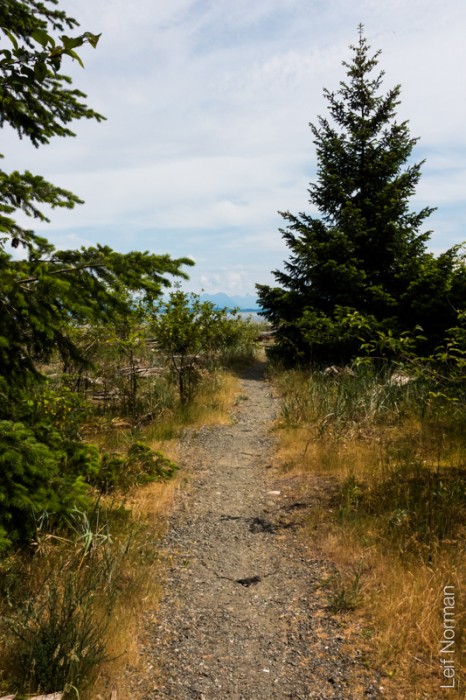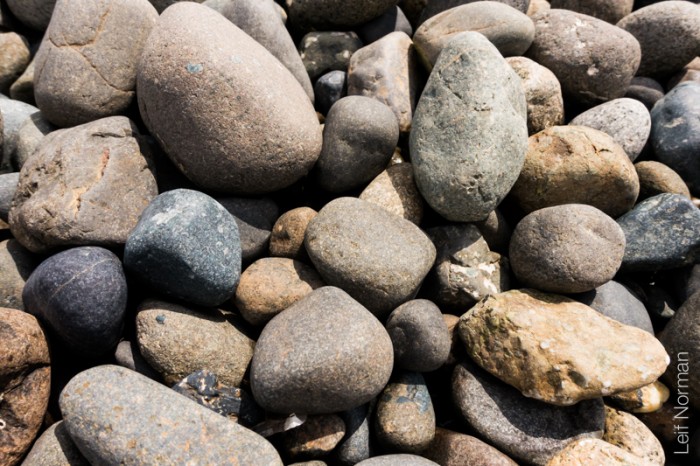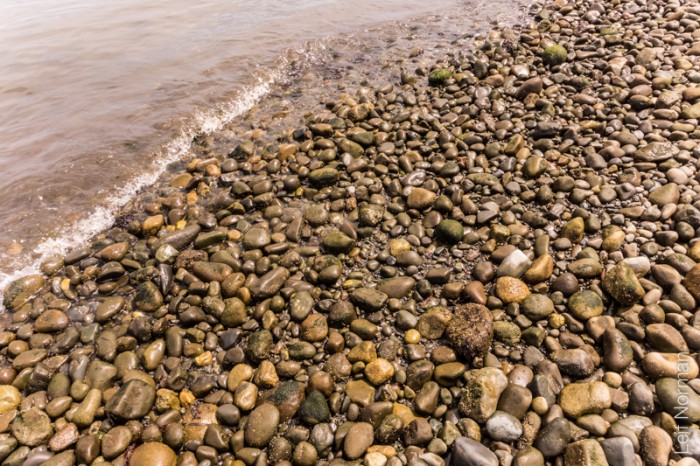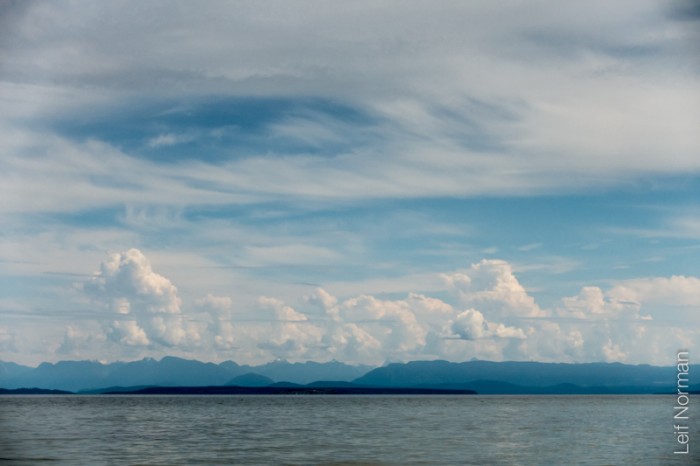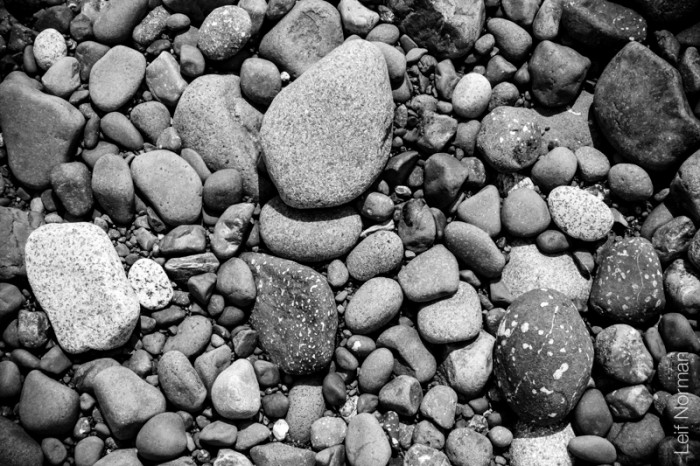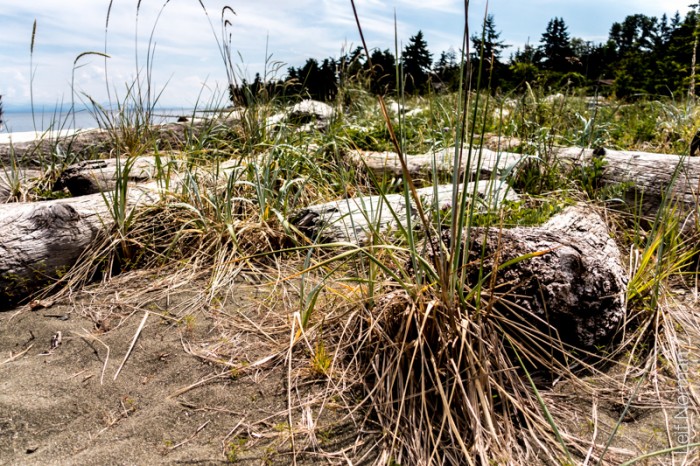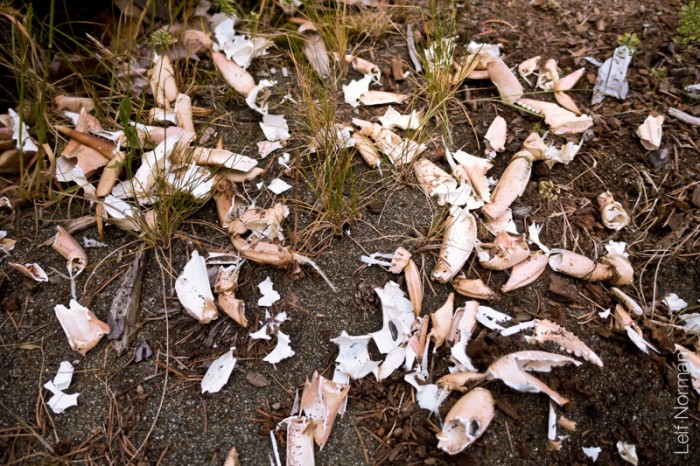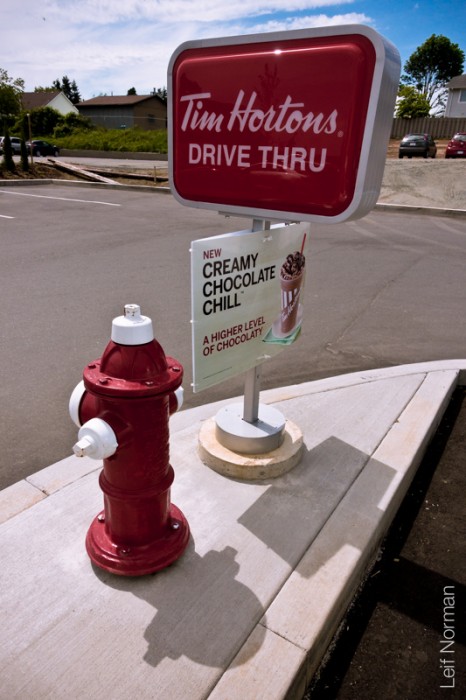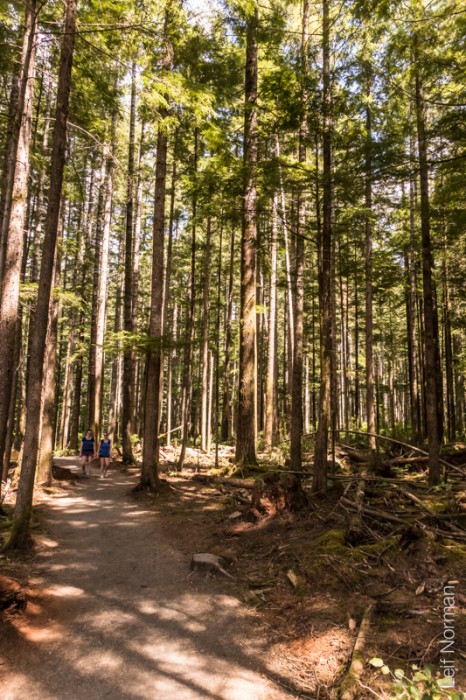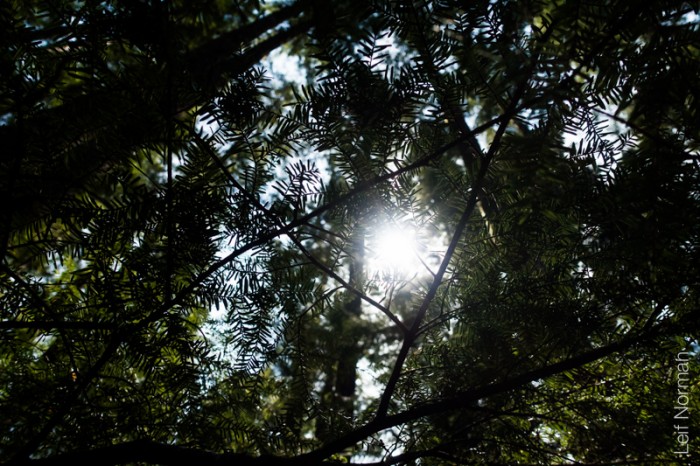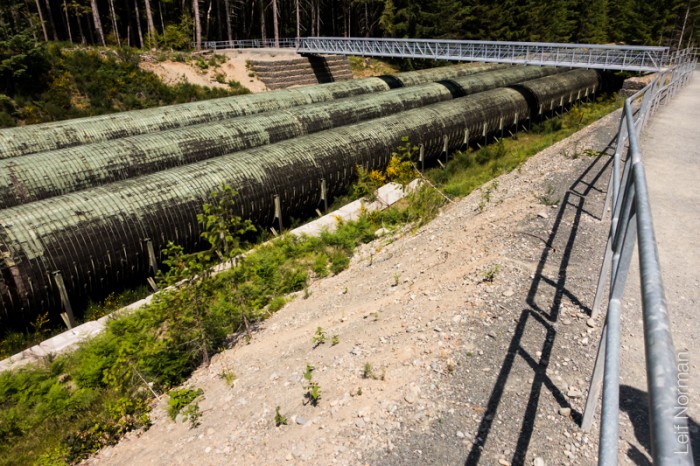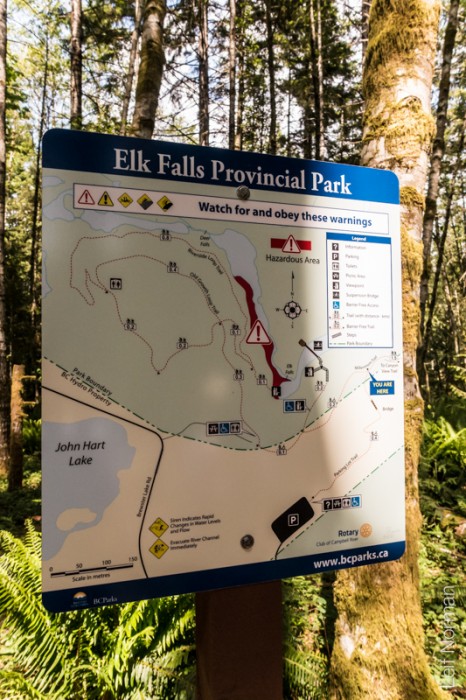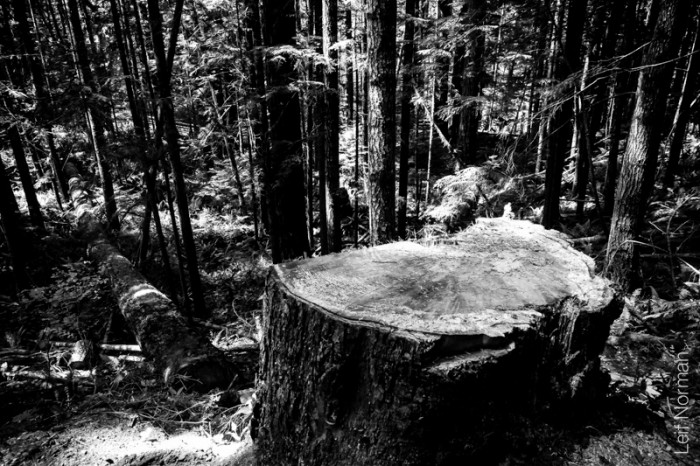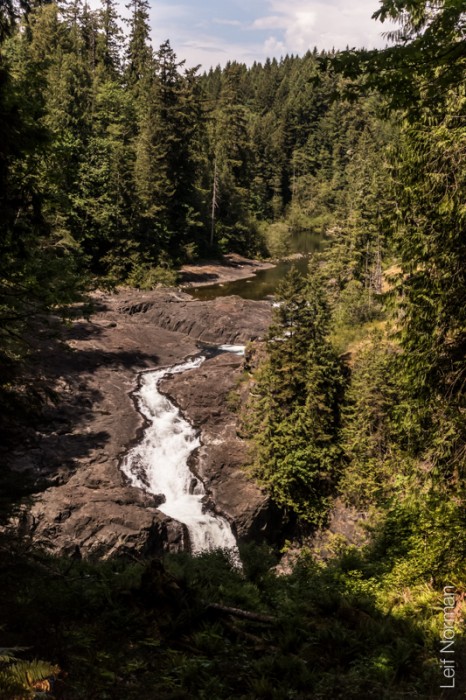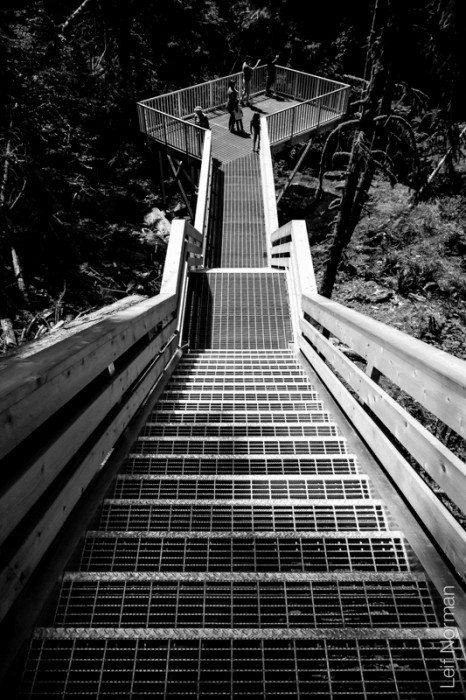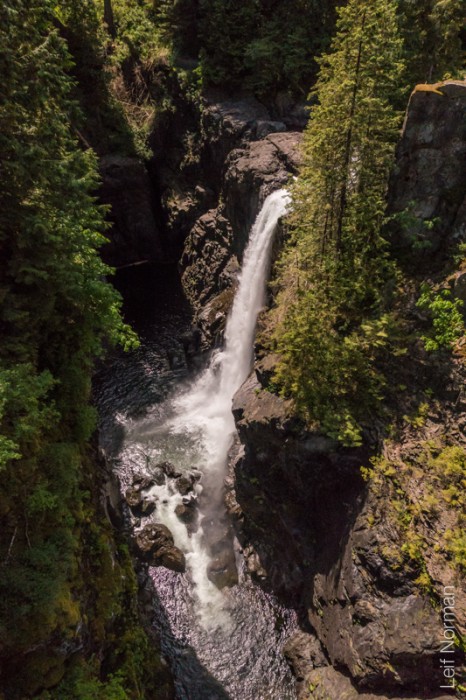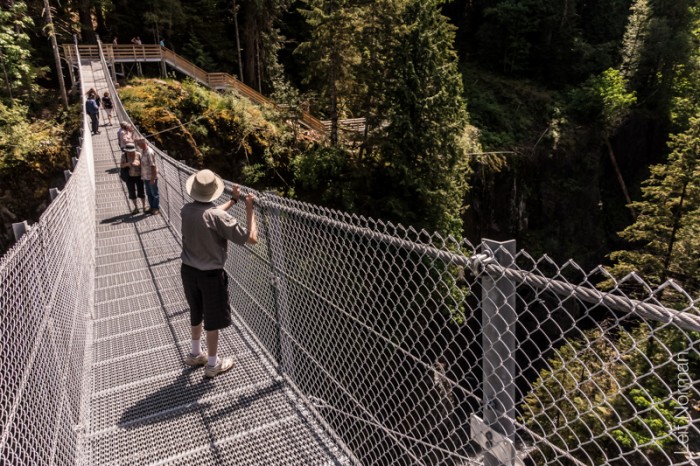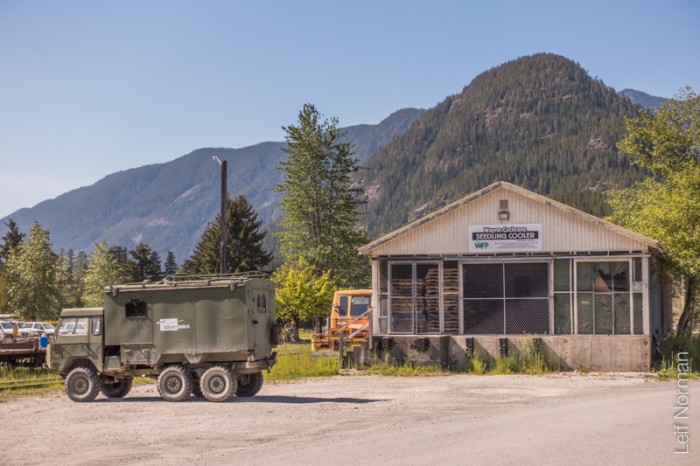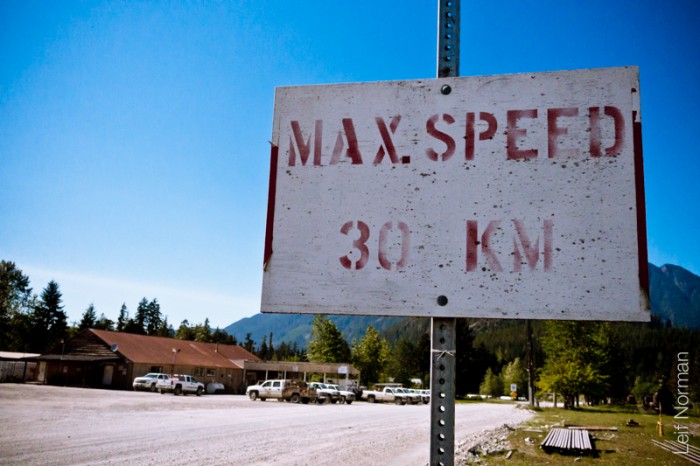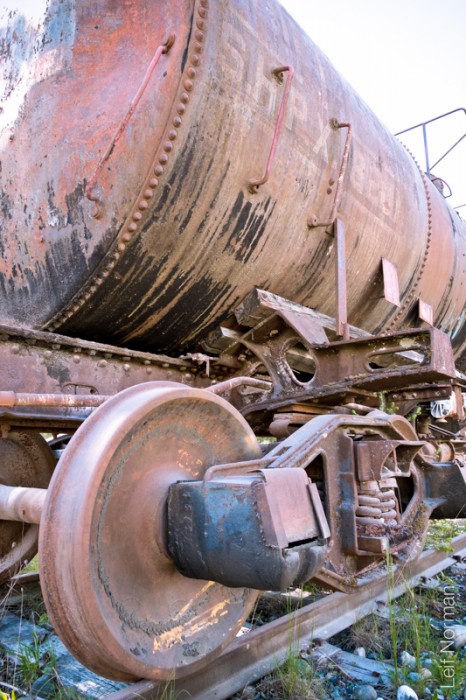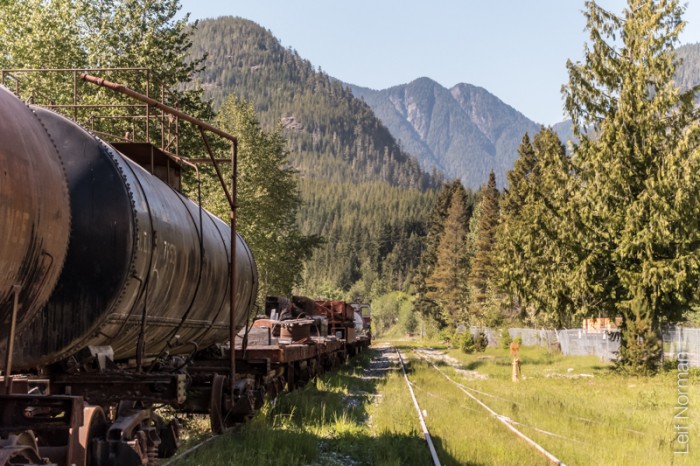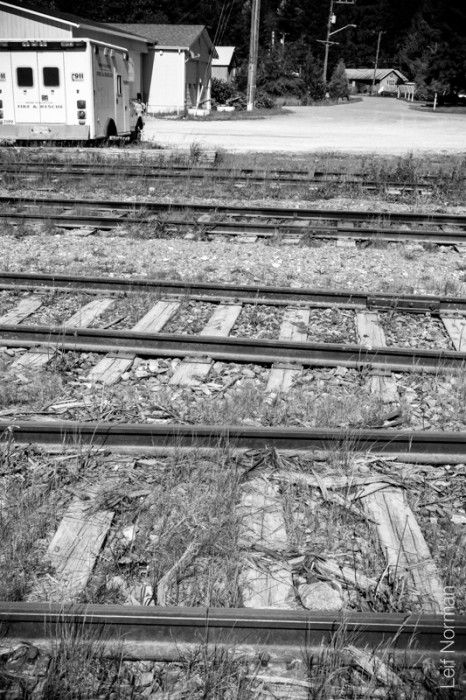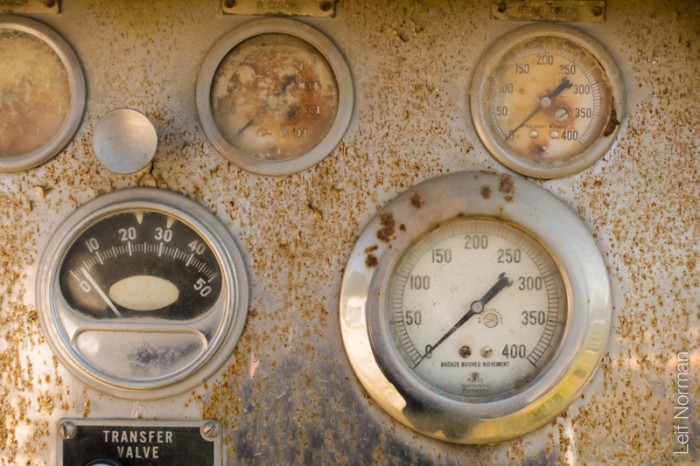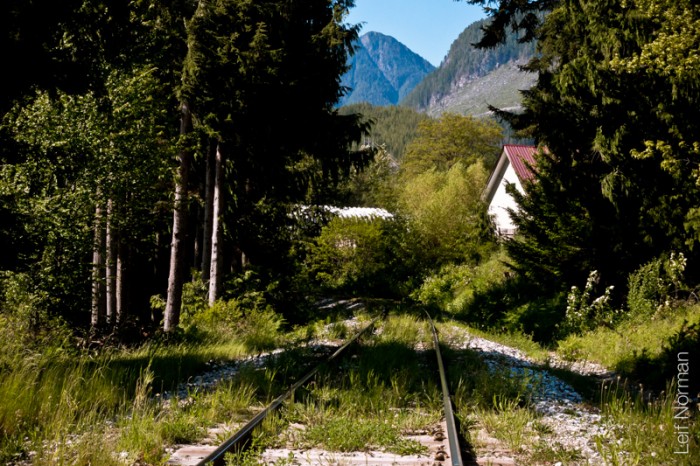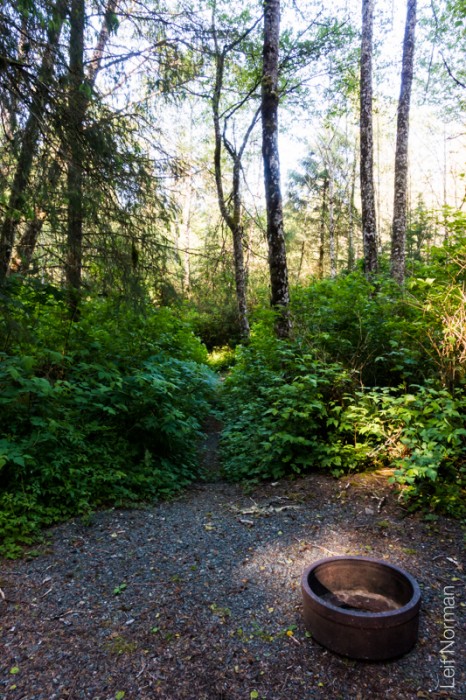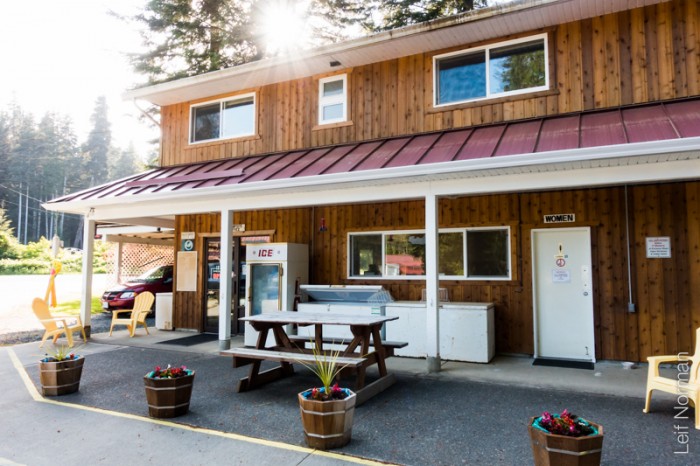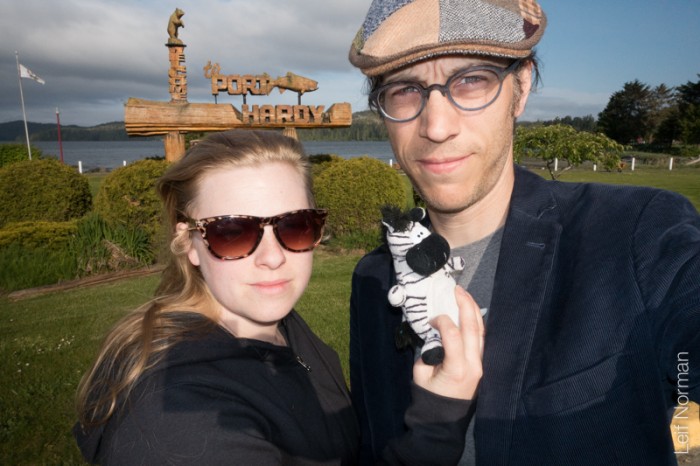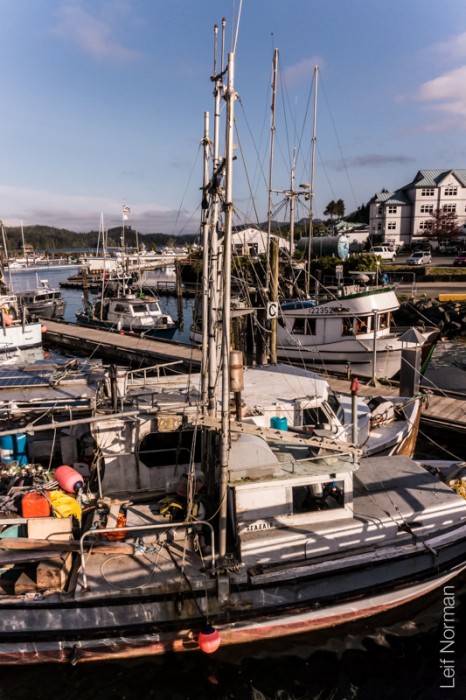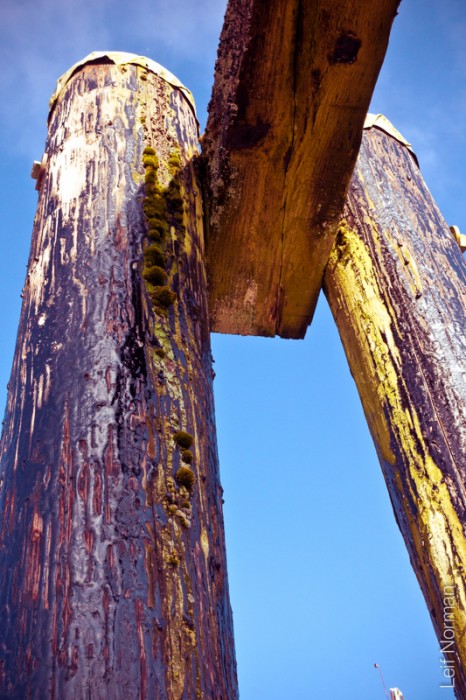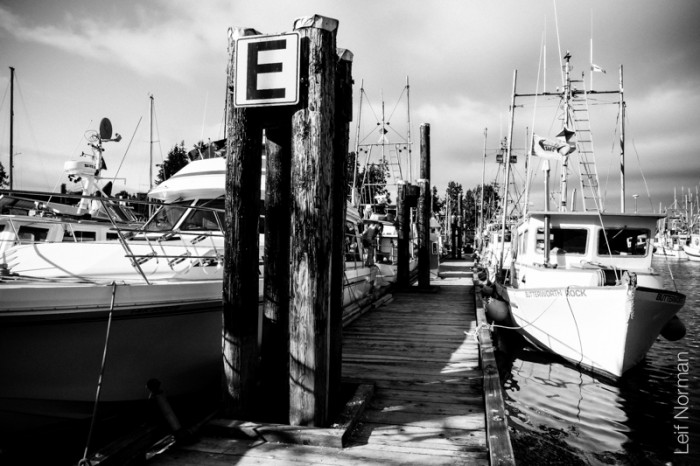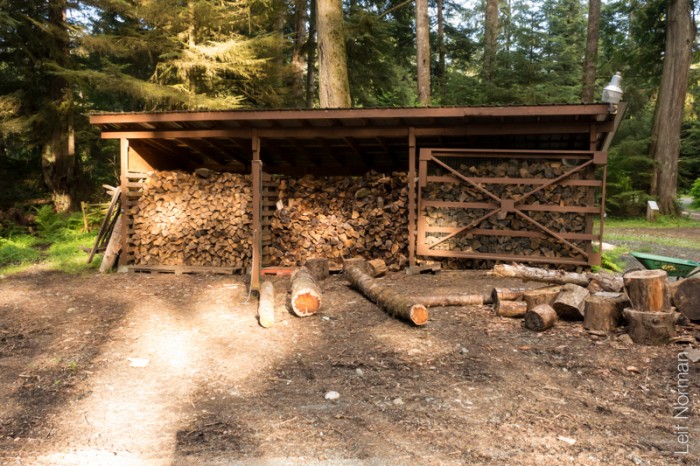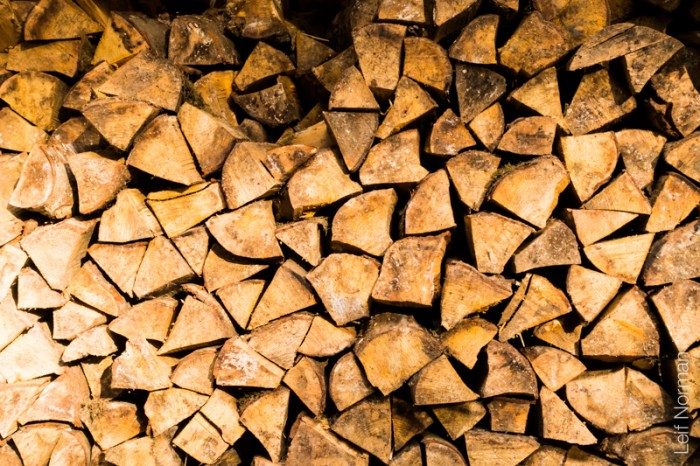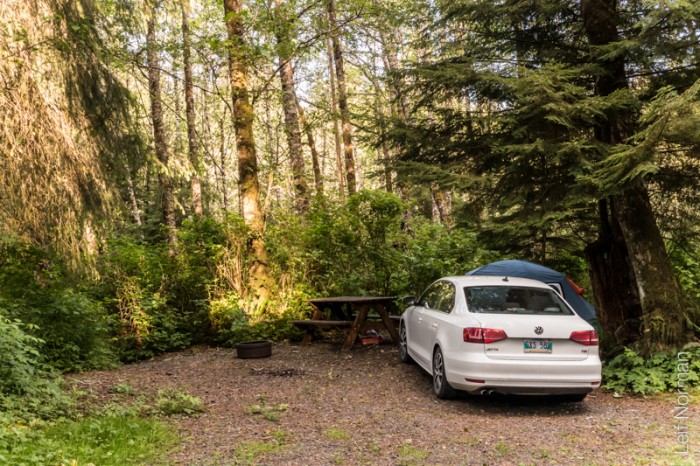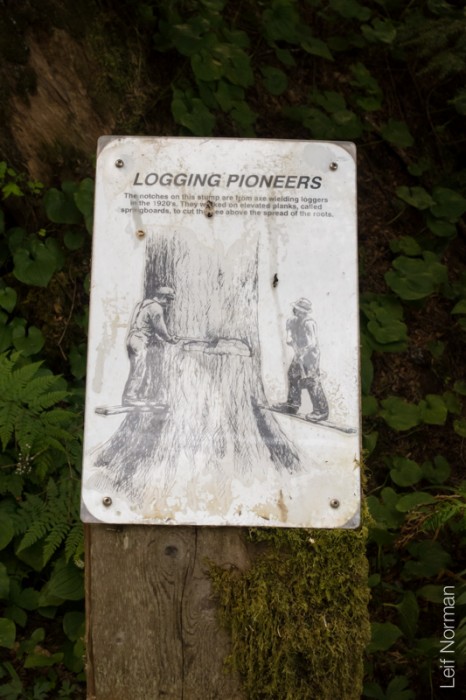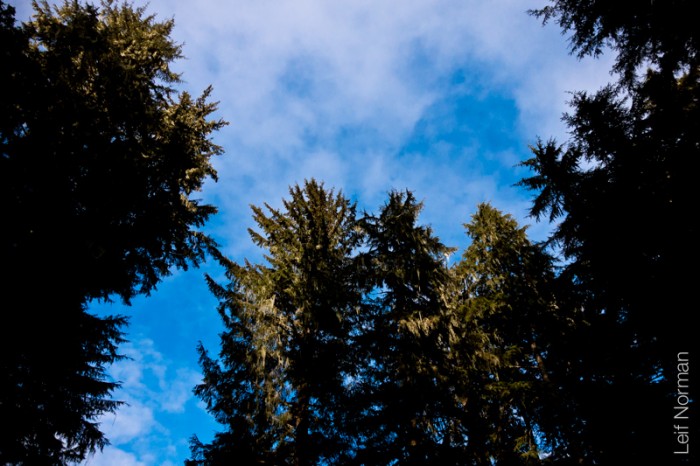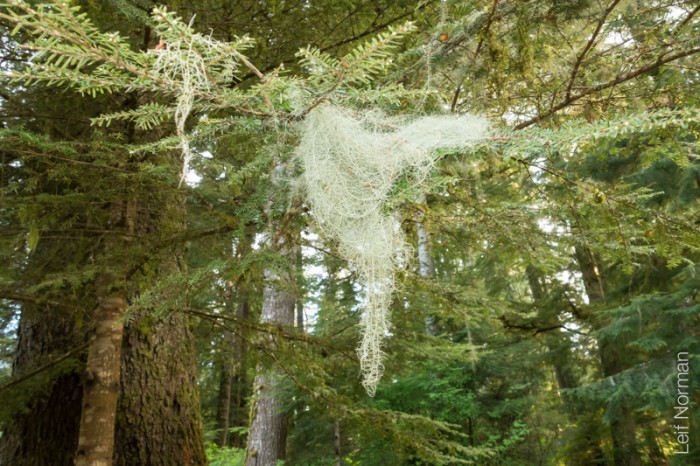From Comox to Port Hardy BC.
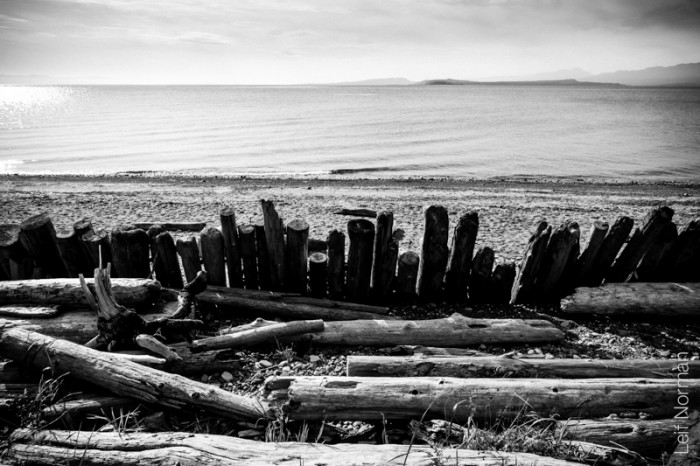
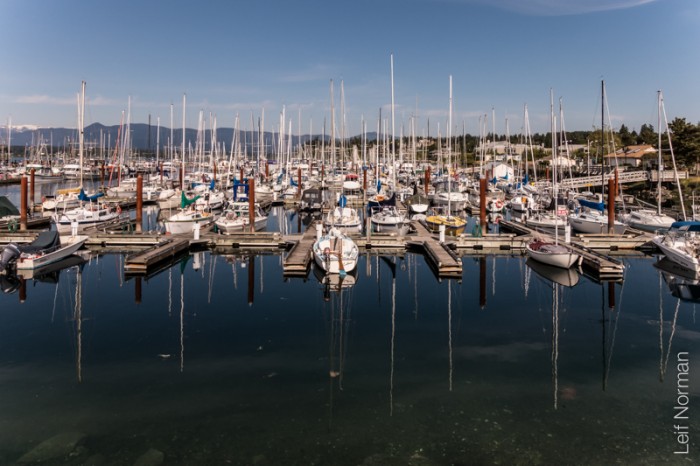
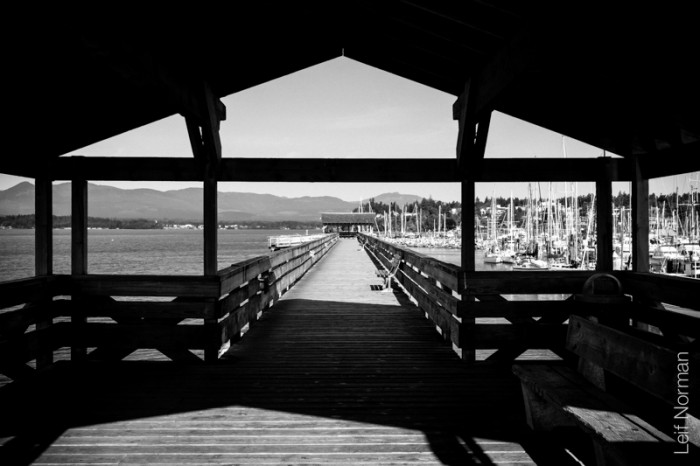
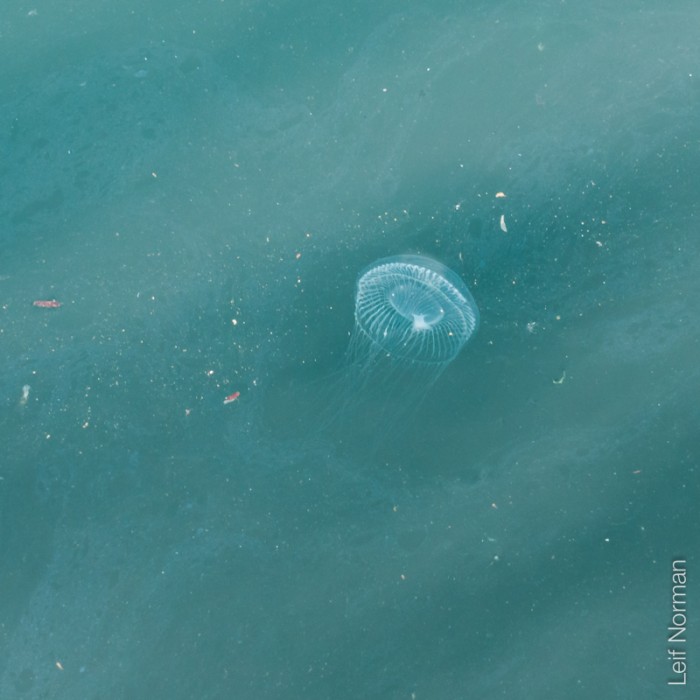
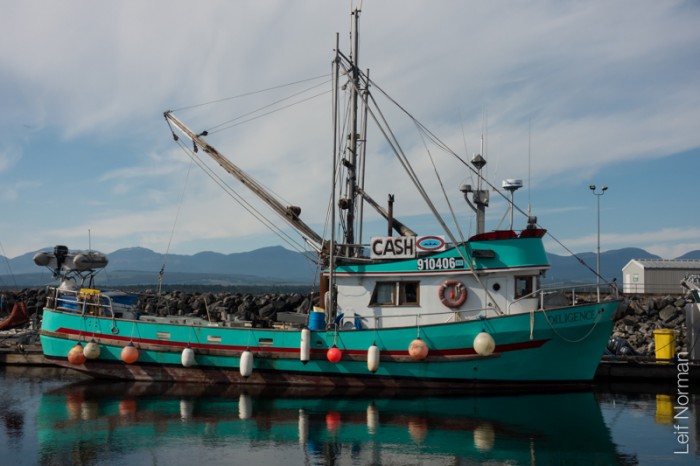
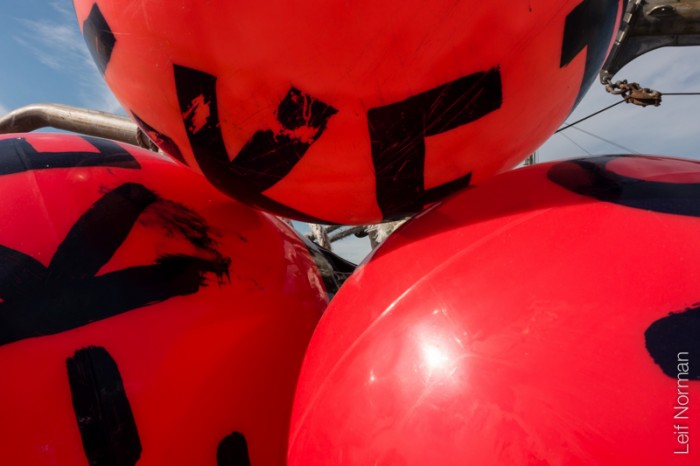
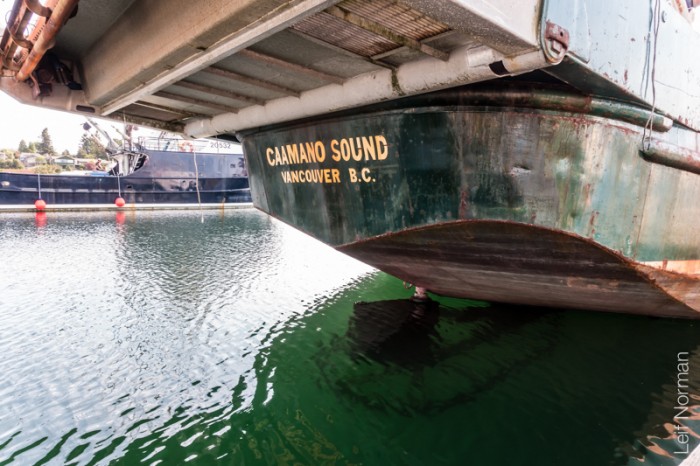
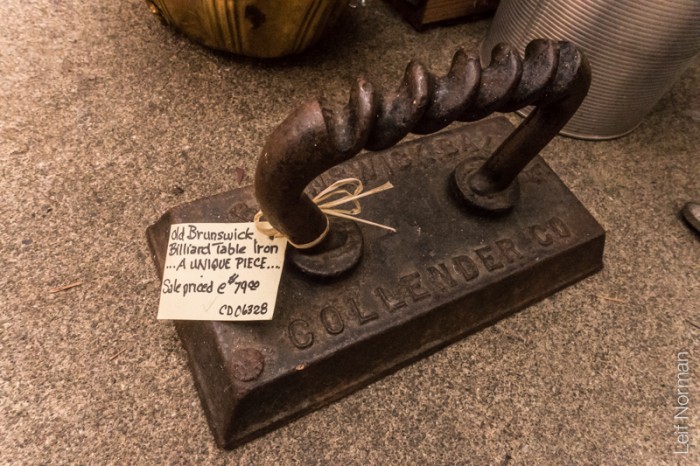
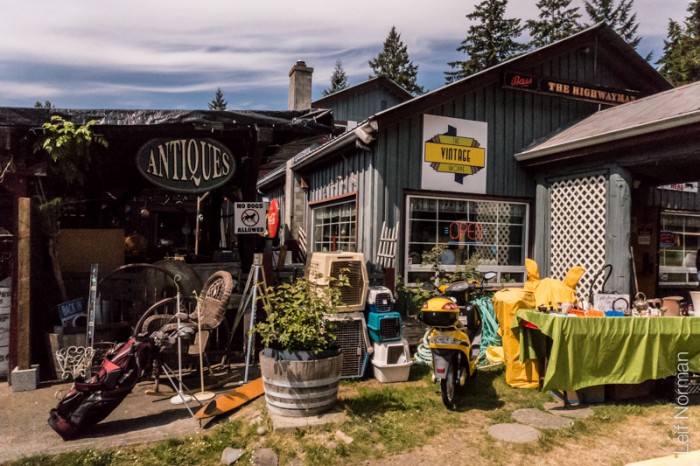
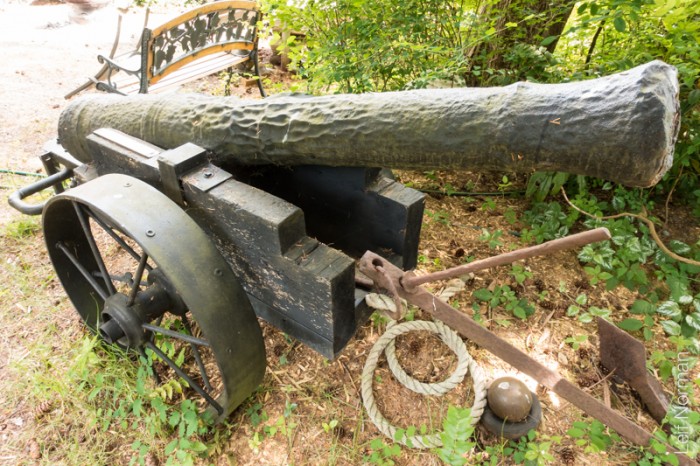
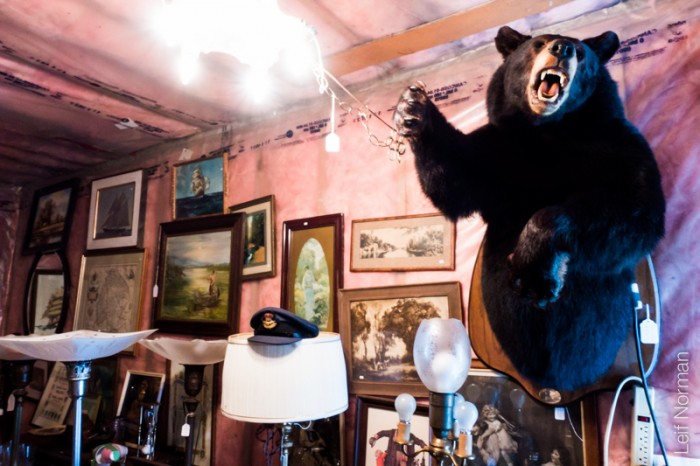
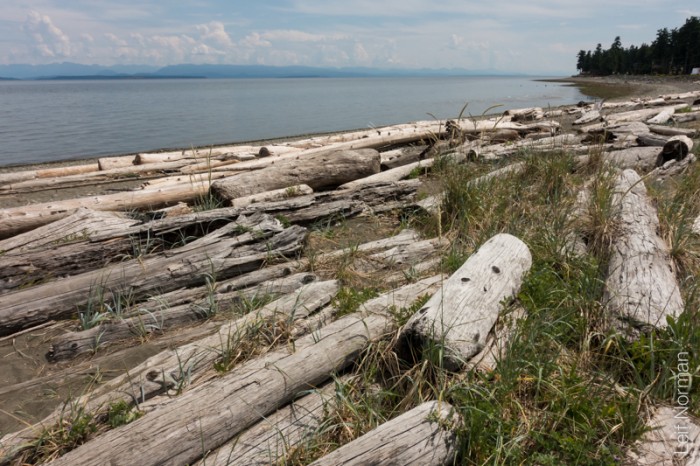
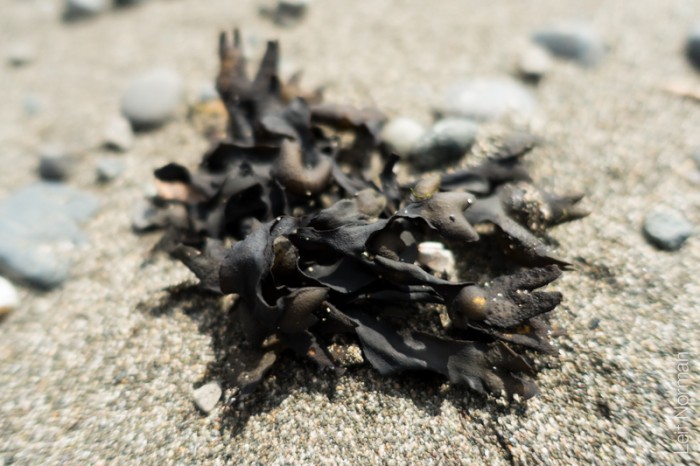
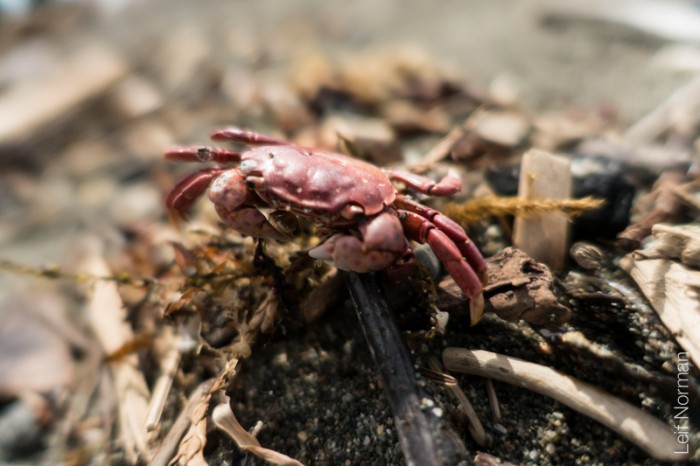
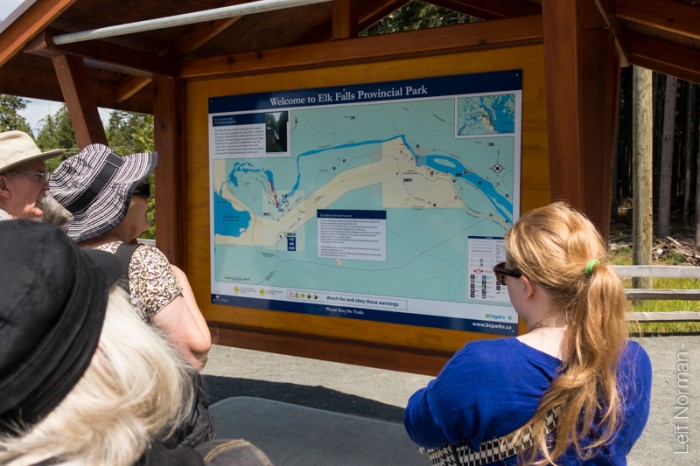
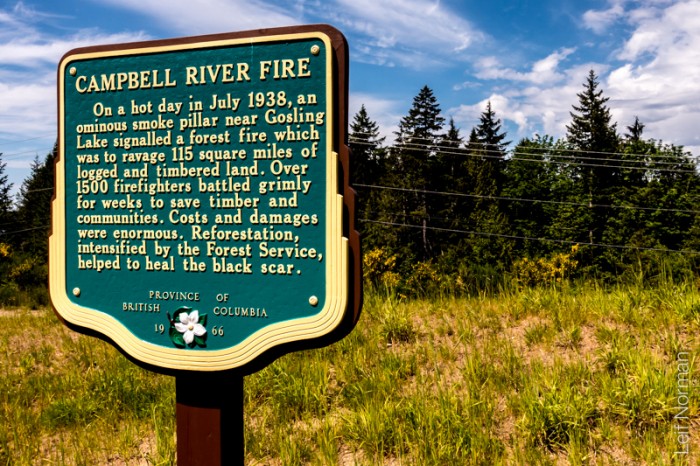
“The John Hart Generating Station, located within the City of Campbell River, has been operating since 1947. To ensure it continues to deliver clean, reliable energy for years to come, the facility is being modernized.
BC Hydro’s early site preparation works are now complete. In November 2013, BC Hydro announced SNC-Lavalin Inc. is the preferred general contractor, and in February 2014, BC Hydro signed the contract with InPower BC (SNC-Lavalin) for the John Hart project which includes the construction of an innovative, underground powerhouse that will enhance public safety and improve the site’s environmental footprint.
Construction work started in spring 2014 and the project is expected to be completed by 2018/2019.” from https://www.bchydro.com/energy-in-bc/projects/john_hart_generating.html
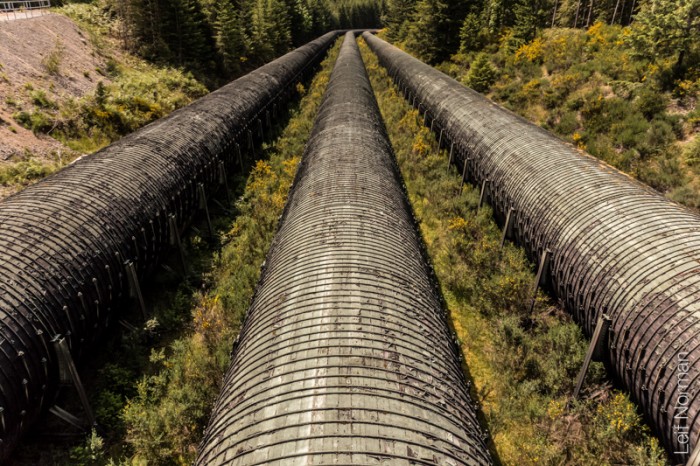
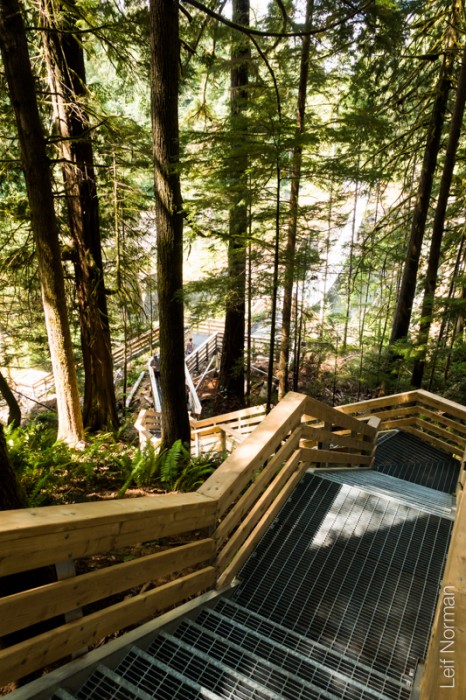
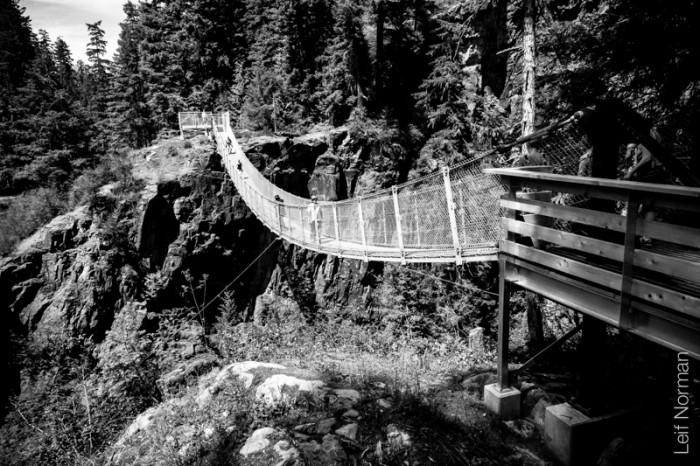
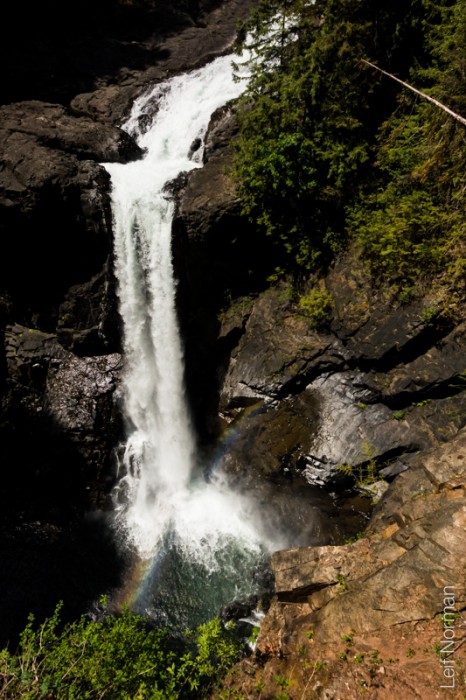
“A thundering waterfall and some of the finest year-round salmon fishing in Canada are just two of the reasons Elk Falls is one of the most popular provincial parks on Vancouver Island. Add to that the extensive network of forest trails, the nearby Quinsam salmon hatchery and, in the fall, the sight of spawning salmon in the Quinsam and Campbell Rivers, and it’s easy to see why this provincial park is considered one of the best campground accommodations in the “Salmon Capital of the World.””
from http://www.env.gov.bc.ca/bcparks/explore/parkpgs/elk_falls/
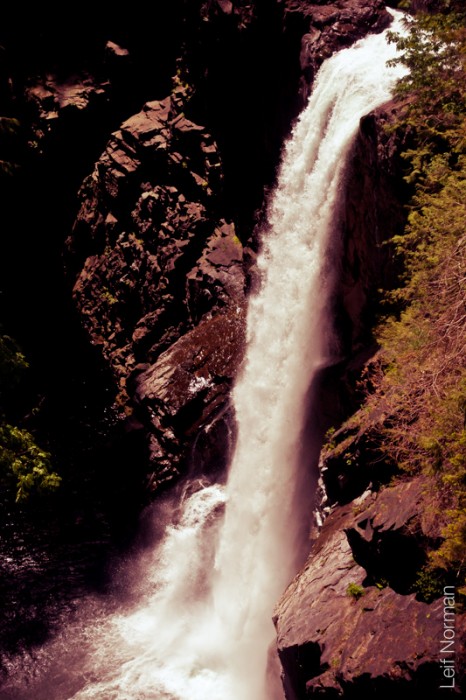
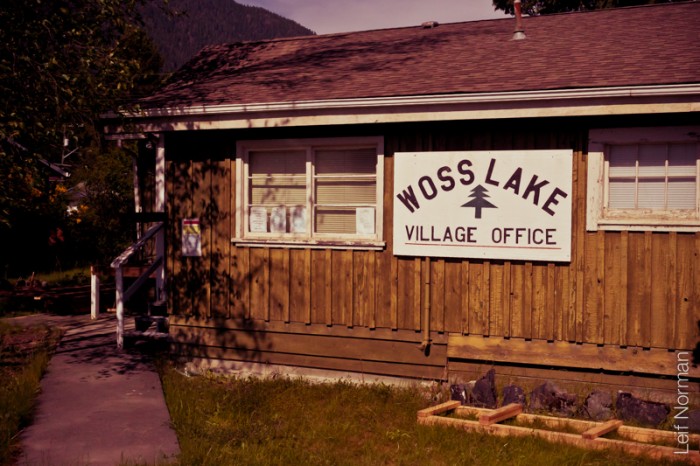
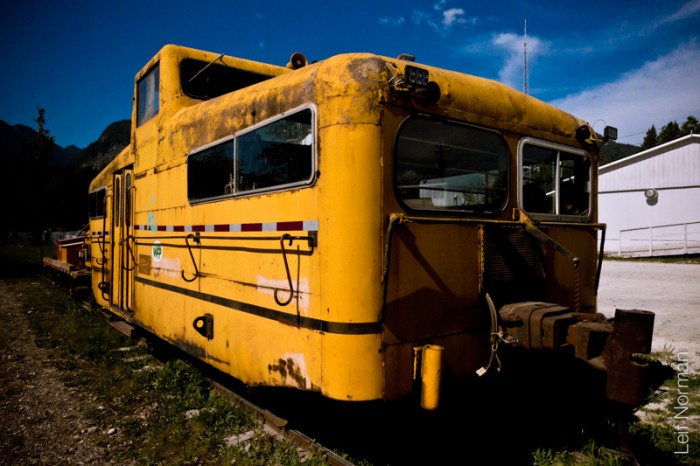
“Woss, also commonly known as Woss Lake after the nearby lake of the same name, is a small village in the Nimpkish Valley, located 75 km (47 mi) southeast of Port McNeill and 128 km (80 mi) north of Campbell River on Highway 19, in northeastern Vancouver Island, British Columbia, Canada. The estimated population of Woss and the Nimpkish Valley is 200. The town of Woss lies about 3 km north of Woss Lake, a long, narrow lake stretching about 10 km in a primarily north-south direction with a maximum width of about one km, the southern portion of which is part of Woss Lake Provincial Park.
Woss is a member municipality of the Regional District of Mount Waddington, which also includes Alert Bay, Port Alice, Port McNeill, Hyde Creek, Coal Harbour, Holberg, Malcolm Island, Quatsino and Port Hardy. Woss has regular telephone service, but no cellular phone services. Woss has one elementary school, Woss Lake Elementary School, for students grades K-7.
Until the late 1960s, Woss was accessible only by rail from Beaver Cove on the Englewood Railway. During this time, most of the loggers were housed in bunkhouses heated with wood-fired steam. One of the original steam powered locomotives is currently used as a working tourist attraction. Nearby Woss Lake is the main summer recreational playground for Woss residents and the original community campground at the lake is now Woss Lake Provincial Park.”
from Wikipedia
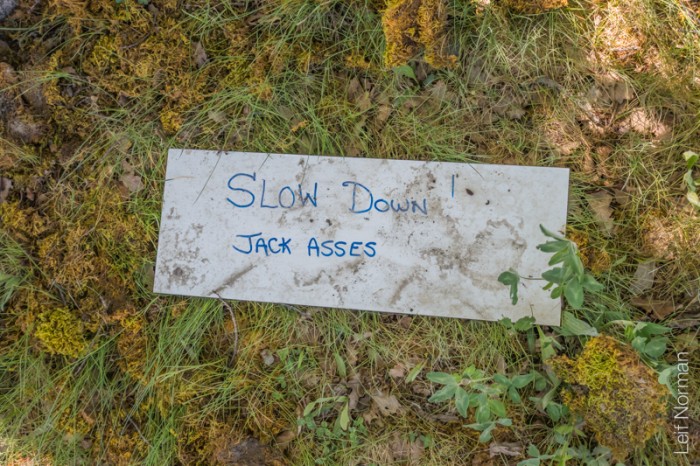
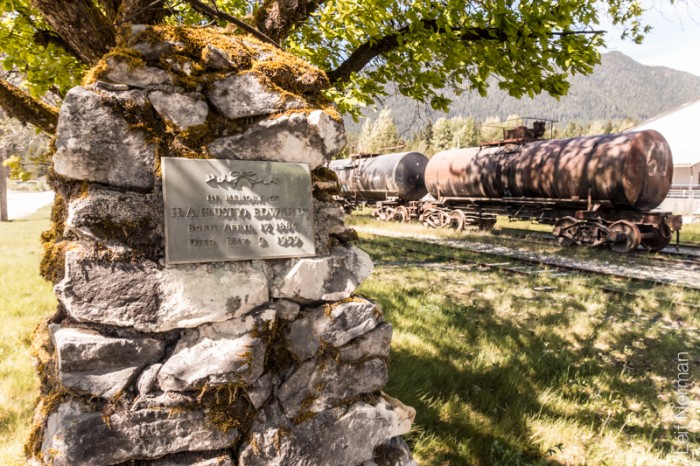
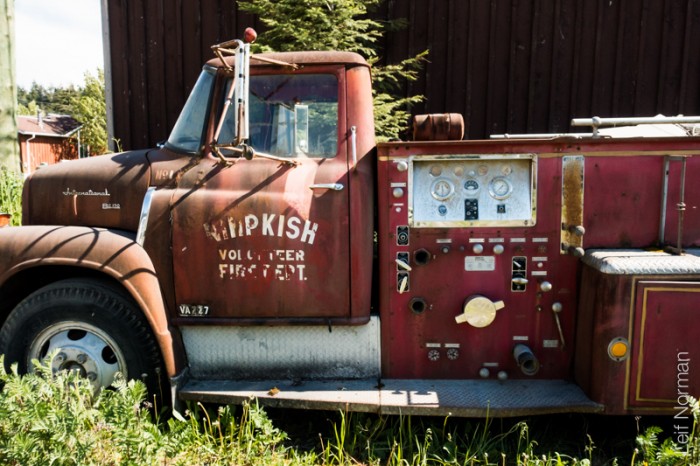
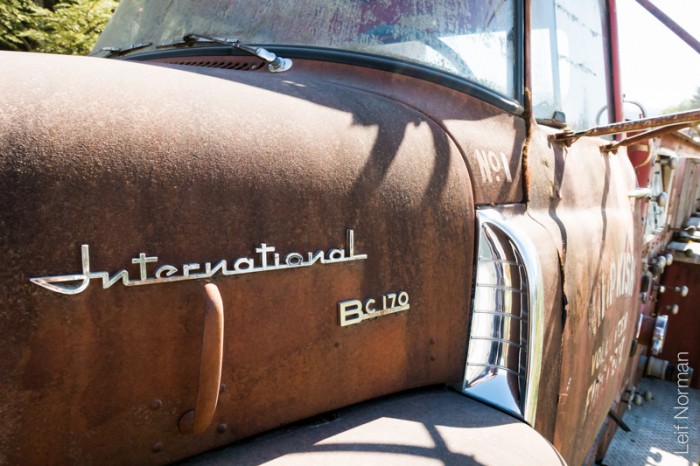
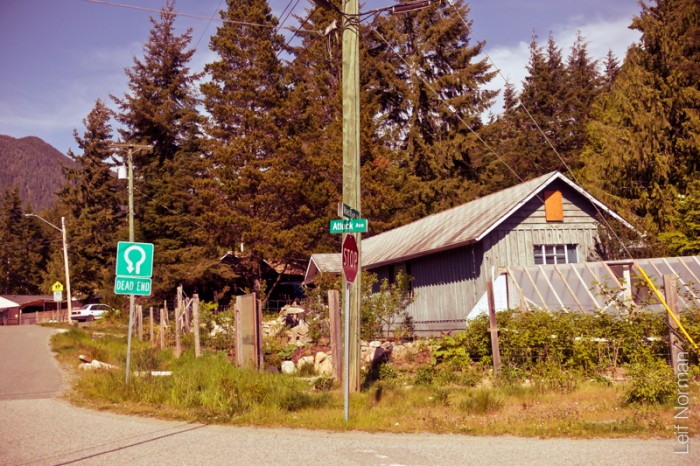
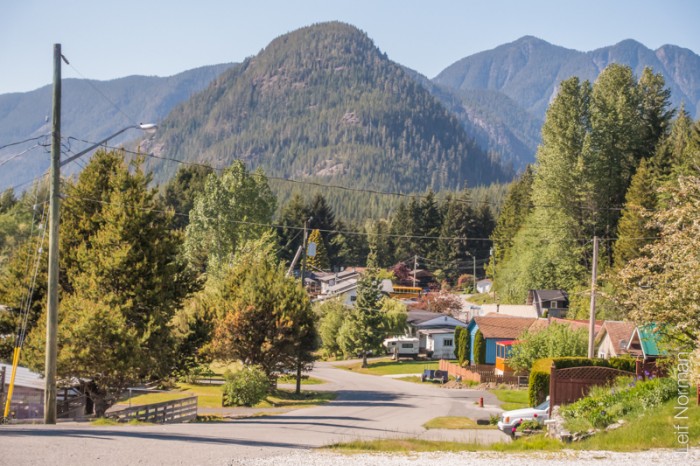
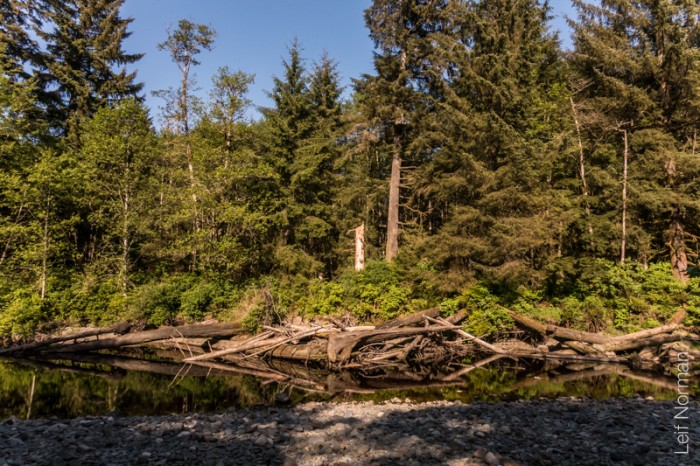
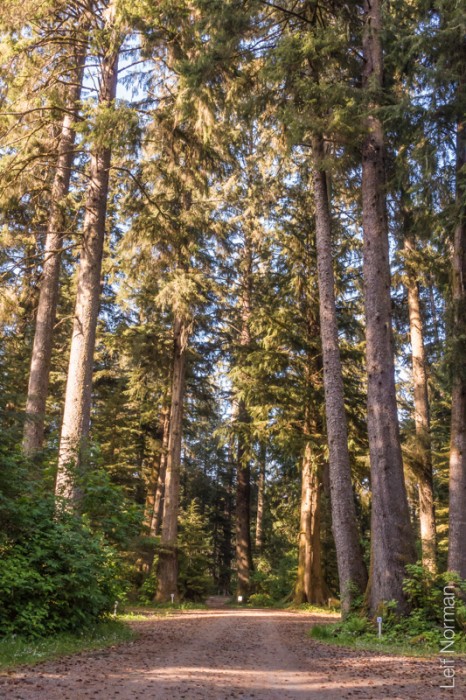
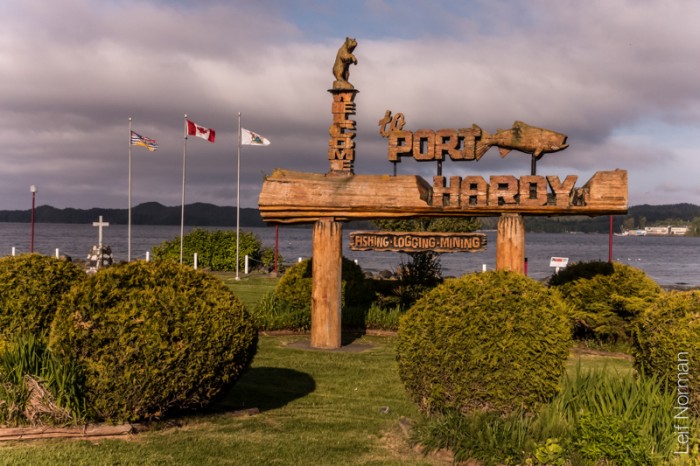
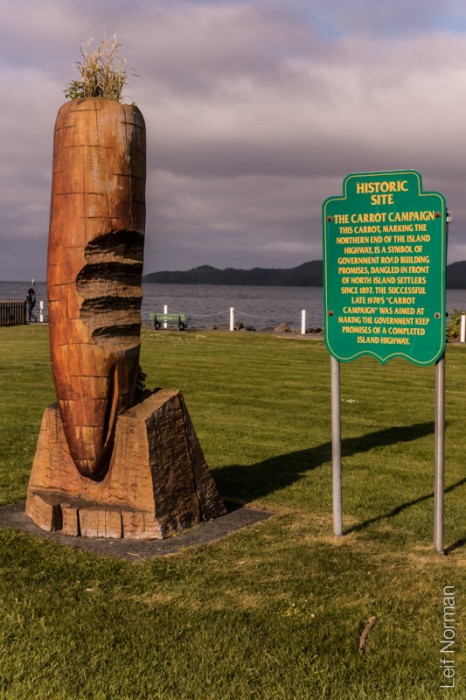
“THIS CARROT, MARKING THE NORTHERN END OF THE ISLAND HIGHWAY, IS A SYMBOL OF GOVERNMENT ROAD BUILDING PROMISES, DANGLED IN FRONT OF NORTH ISLAND SETTLERS SINCE 1897. THE SUCCESSFUL LATE 1970’S “CARROT CAMPAIGN” WAS AIMED AT MAKING THE GOVERNMENT KEEP PROMISES OF A COMPLETED ISLAND HIGHWAY.”
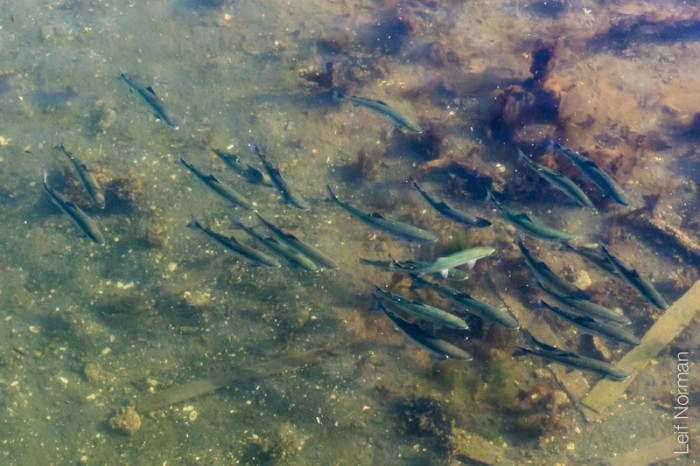
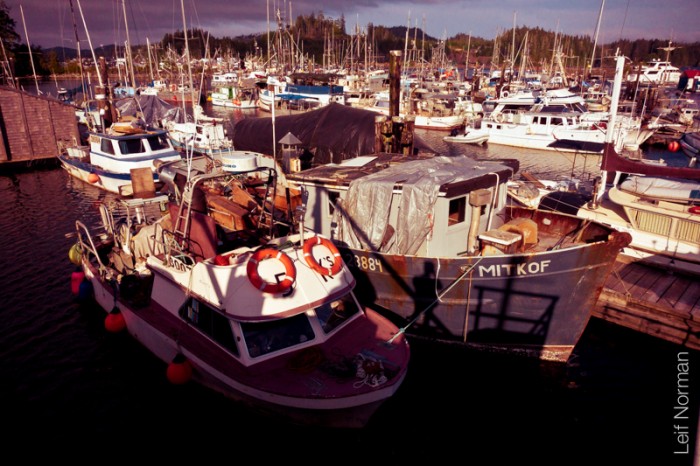
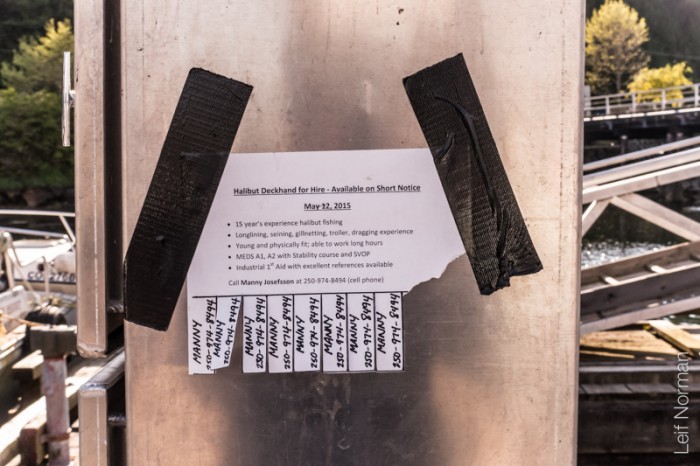
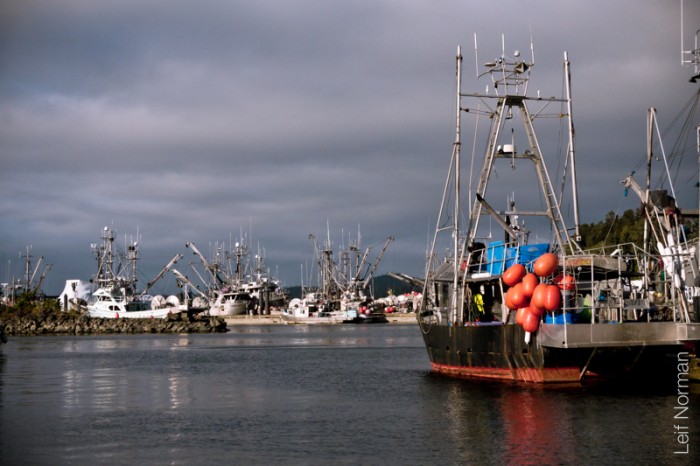
“Port Hardy is a district municipality in British Columbia, Canada located on the north-eastern coast of Vancouver Island. Port Hardy has a population of 4,008 at last census (2011). It is the gateway to Cape Scott Provincial Park, the North Coast Trail and the BC Marine Trail, located on the northernmost tip of Vancouver Island. The community’s access to spectacular wilderness adventures, such as kayaking, caving, world-class scuba diving, nature viewing, surfing, fishing and camping invites visitors to “Live the Adventure”.
Port Hardy’s twin city is Numata, Japan.” from Wikipedia
